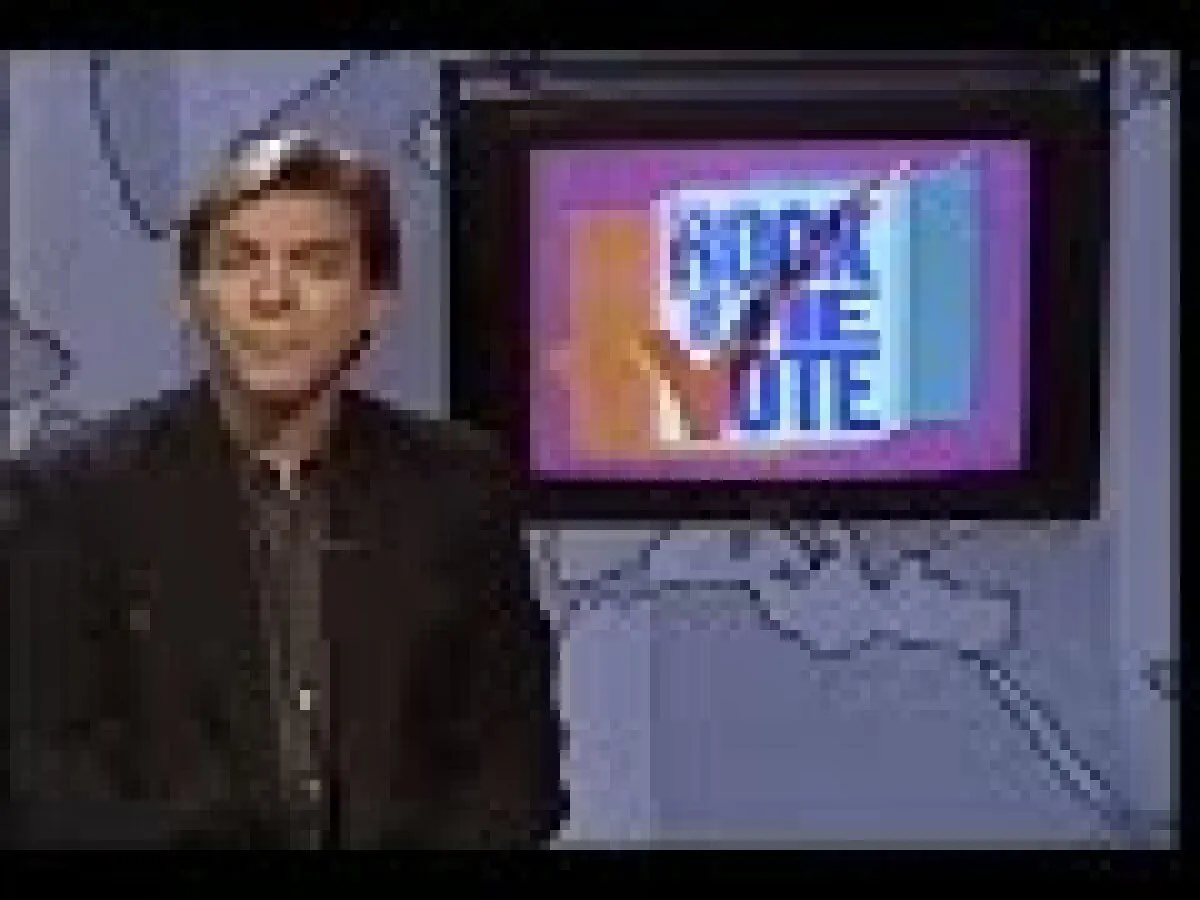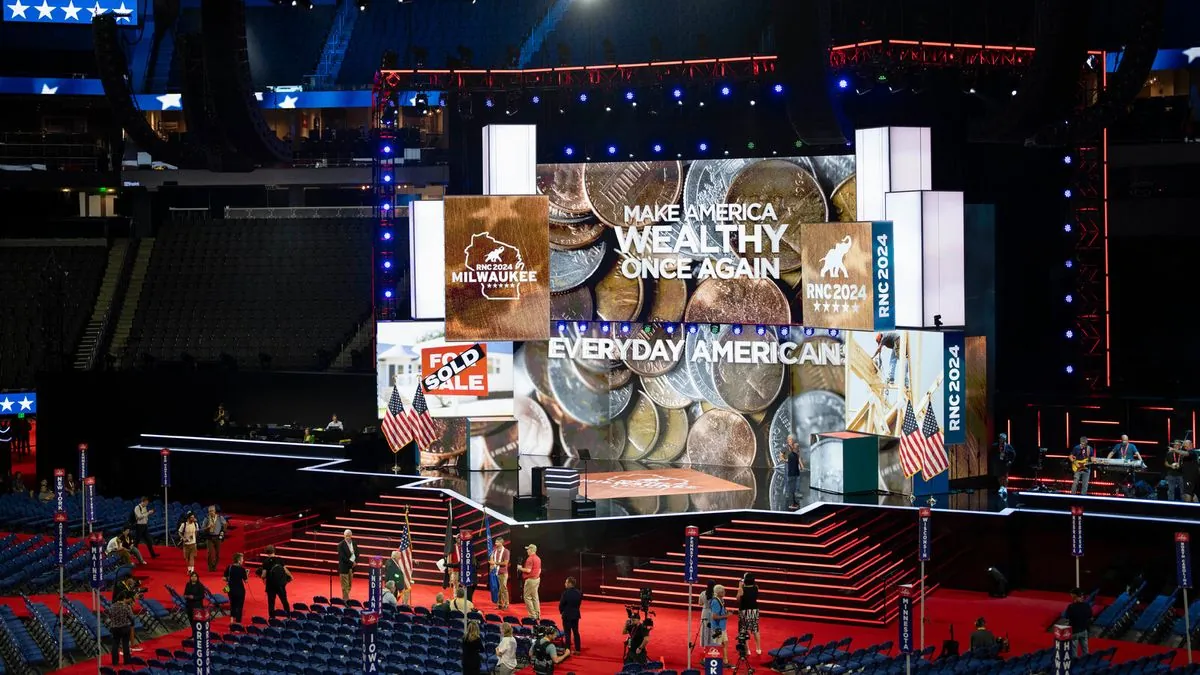From MTV to Mixtapes: The Evolution of Music in American Politics
Explore how political parties have leveraged music, from Rock the Vote's direct messaging to the sophisticated musical branding of modern conventions, shaping voter engagement and party identities.

The intersection of music and politics in America has undergone a significant transformation since the early 1990s. This evolution reflects changing strategies in voter engagement and the growing importance of cultural resonance in political messaging.
In 1990, MTV launched its collaboration with Rock the Vote, marking a pivotal moment in youth-oriented political outreach. This campaign, founded by Virgin Records America co-chairman Jeff Ayeroff, aimed to boost voter registration among young Americans. The initiative featured iconic artists like Madonna, Iggy Pop, and Lenny Kravitz delivering straightforward messages urging viewers to vote.
"It ain't illegal — yet."
This direct approach contrasts sharply with the more nuanced strategies employed by political parties in recent years. The Republican National Convention in July 2024 showcased a lineup of patriotic anthems and explicitly pro-Trump performances. Lee Greenwood's "God Bless the U.S.A." and Kid Rock's updated version of "American Bad A--" exemplified this unambiguous messaging.

Conversely, the Democratic National Convention in August 2024 demonstrated a more sophisticated use of music. The event featured a diverse array of artists, from Pink to John Legend, creating a musical narrative that subtly reinforced the party's messaging. The Democrats leveraged music to connect with voters on multiple levels, using it to evoke emotions, recall past events, and create associative threads.
For instance, the use of Kygo's remix of Whitney Houston's "Higher Love" after President Biden's speech recalled his 2020 victory celebration, creating a sense of continuity and optimism. Similarly, The Chicks' performance of the national anthem carried implicit references to their 2003 controversy, subtly highlighting themes of free speech and patriotism.
This evolution in political music strategy reflects broader changes in voter engagement. While Rock the Vote's approach was revolutionary for its time, modern campaigns must navigate a more complex media landscape. The Democrats' "algorithmic" approach to musical branding demonstrates an understanding of how cultural narratives can be harnessed for political purposes.
As we approach future elections, it's clear that music will continue to play a crucial role in shaping political identities and engaging voters. The challenge for parties and candidates will be to strike a balance between clear messaging and the kind of nuanced cultural engagement that resonates with an increasingly diverse and media-savvy electorate.


































